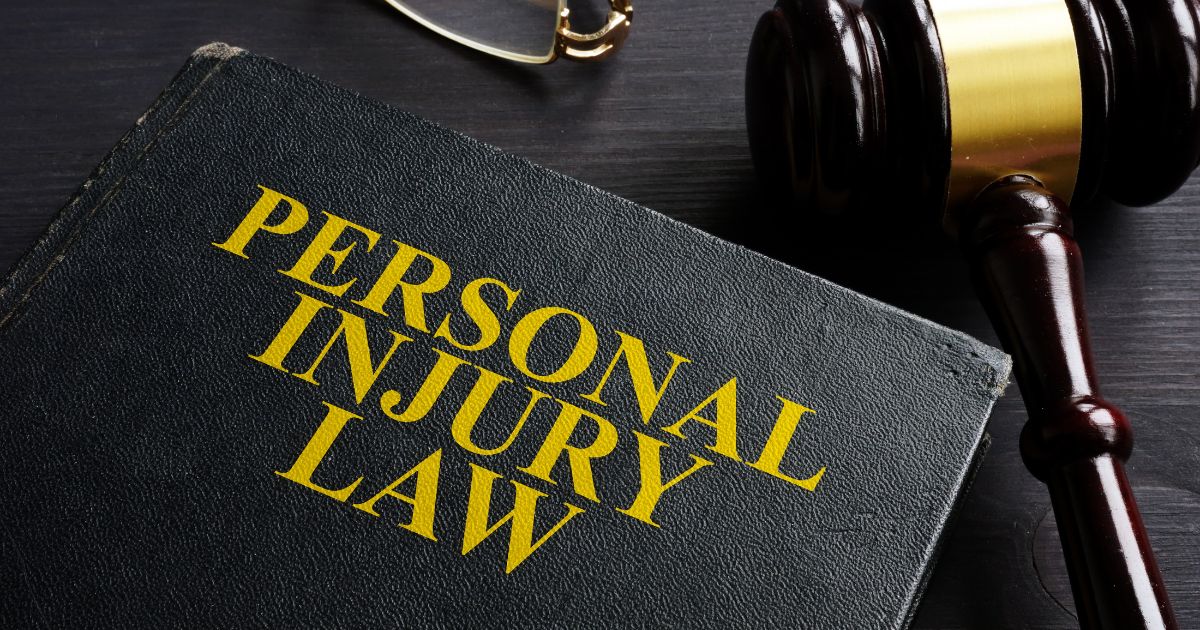What Is the Discovery Rule in Personal Injury Cases?

New Jersey Statutes 2A: 14-2 sets the time limit for filing a personal injury claim at two years from the date the cause of action accrues. This clock usually begins to run when you suffer a personal injury. However, this is not always the case. Sometimes, you may not know that you were injured when the accident occurred. To be fair to you as a plaintiff, courts apply the discovery rule, which states that the statute of limitations does not begin to run until you learn that you have been injured. The discovery rule could mean you have more time to file a personal injury case.
Examples of Situations Covered by the Discovery Rule
A common example of when the discovery rule could impact the timing of a personal injury case is when you have suffered whiplash in a car accident. Whiplash does not always manifest itself right away at the car accident scene. You may not feel pain or discomfort until weeks or months after the car accident. The discovery rule means that your time limit to file a lawsuit might be two years from when you learned you were injured.
Another example is a medical malpractice lawsuit. You may have had a surgical procedure and think everything went well. Months after the surgery, you may begin to feel pain or learn that something went wrong that requires you to have another surgery. Similarly, you could have been injured by a defective drug years after you had taken it. If the statute of limitations were strictly construed, you could not sue at all.
New Jersey law is based on the understanding that starting the clock would not be fair when you had no way of knowing that you were injured. The discovery rule is a principle of equity that courts apply in a case to balance the interests of plaintiffs and defendants. The law wants to avoid a result that could seem highly unfair to one party in a case.
Exceptions and Limitations of the Discovery Rule
The court would apply the rule when you could not have learned of your injuries, even if you had been reasonably diligent. In the whiplash scenario, you could have felt pain weeks after the accident, but you did not see a doctor. If you were reasonably diligent, you would have known that you were injured and the extent of your condition. The court does not want to reward a plaintiff for doing nothing when a reasonable person would have taken action.
In another recent New Jersey case, a court granted a defendant’s motion to dismiss the case because learning new information did not reset the time clock. In this case, the court held that the plaintiff should have known of the cause of action when he was forcibly removed from a store in an embarrassing and humiliating fashion. The court held that the time clock did not begin almost two years later when he received information from the store that served to vindicate his conduct.
Do Not Count on the Discovery Rule
As a plaintiff, you must be very careful when relying on the discovery rule to toll the statute of limitations. Given the harsh consequences of missing the statute of limitations, you should only argue that the discovery rule gives you more time when necessary. If you rely on the discovery rule to keep your cause of action alive when you did not do everything in your power to learn about your injuries or when you could have filed a claim earlier based on what you knew, you could lose all legal rights to compensation. The way to avoid putting yourself in an untenable position is to contact a personal injury lawyer as soon as possible after your accident.
Contact a Manasquan Personal Injury Lawyer at Kitrick, McWeeney & Wells, LLC to Begin the Legal Process
Call a Manasquan personal injury lawyer at Kitrick, McWeeney & Wells, LLC if you have been injured in an accident. You cannot afford to lose time in a personal injury case. Call 732-800-9474 or complete our online form to schedule a free consultation. We have offices in Manasquan and Brick, New Jersey, and we serve clients in Middlesex County, Atlantic County, Mercer County, Monmouth County, and Ocean County.








